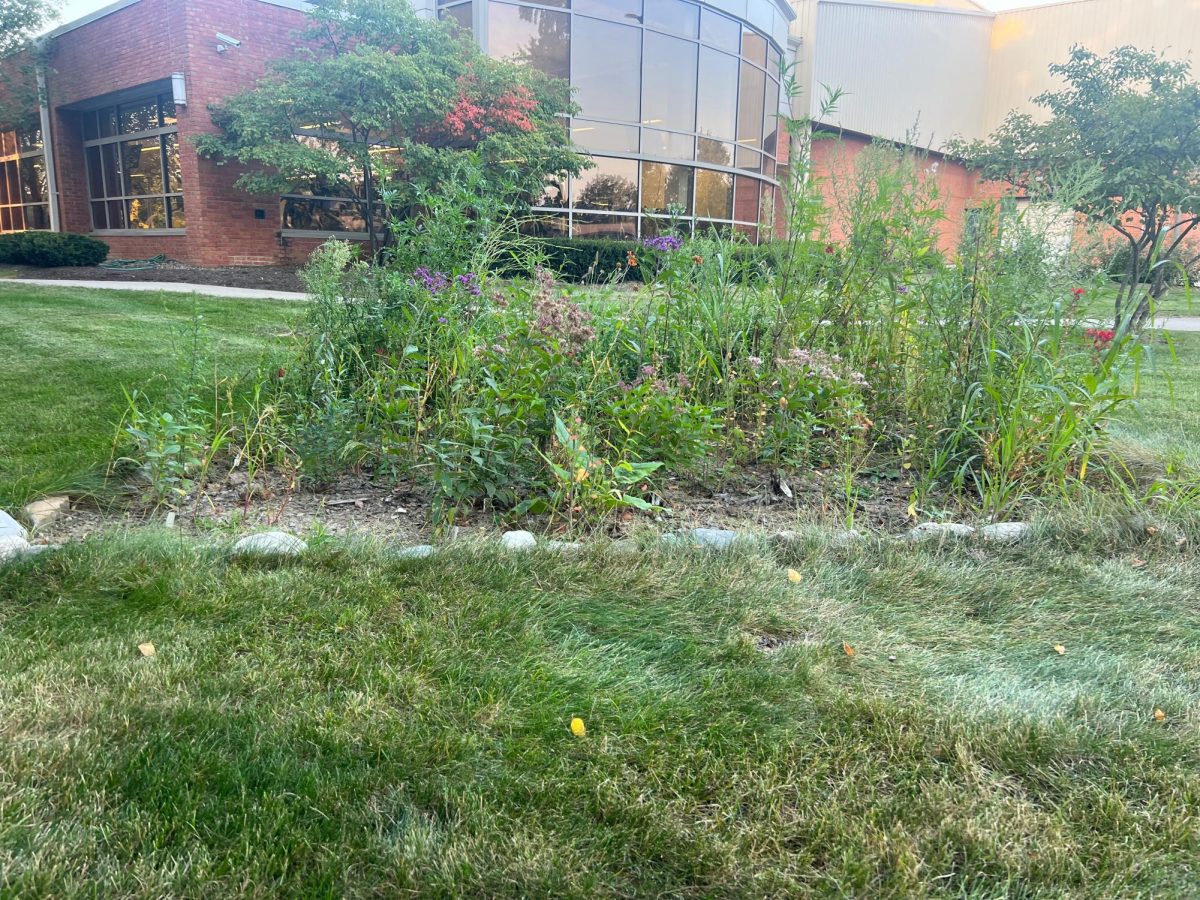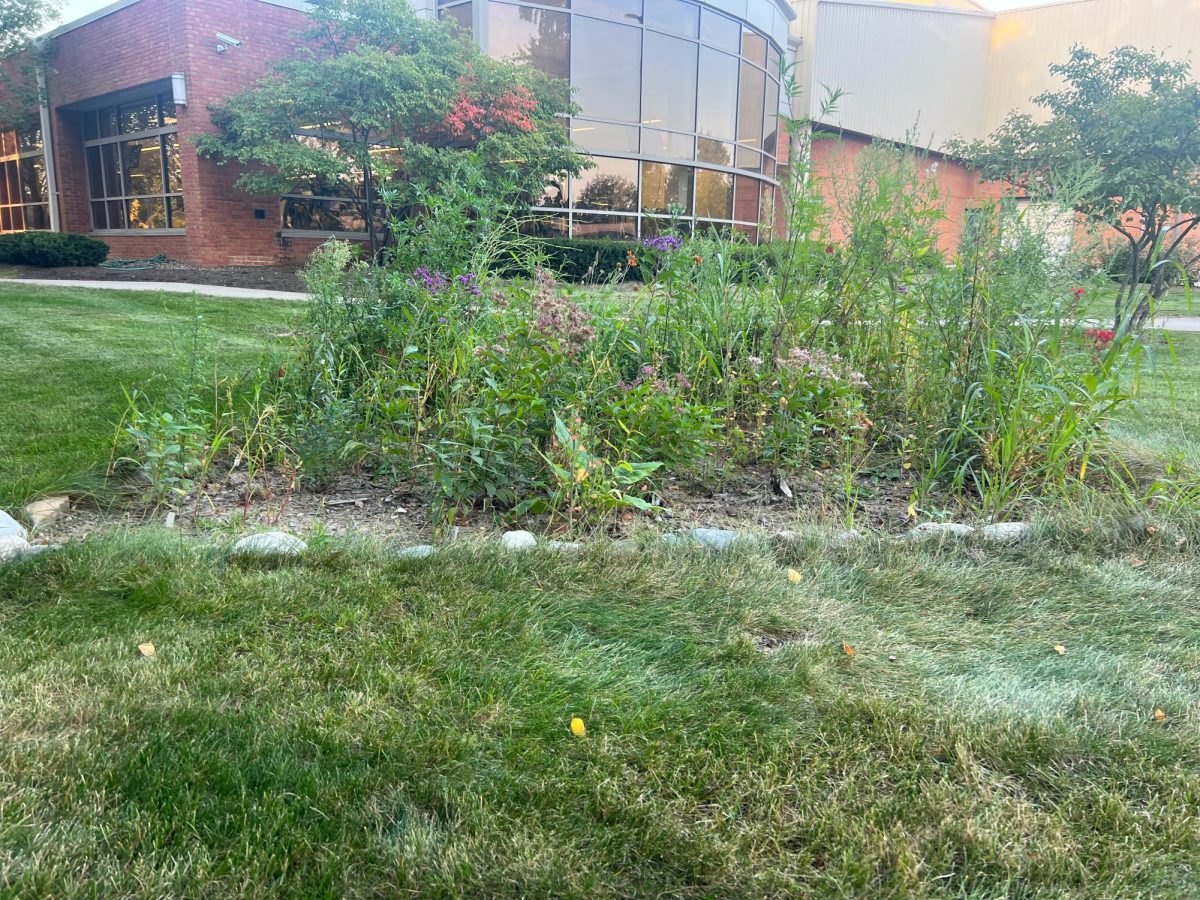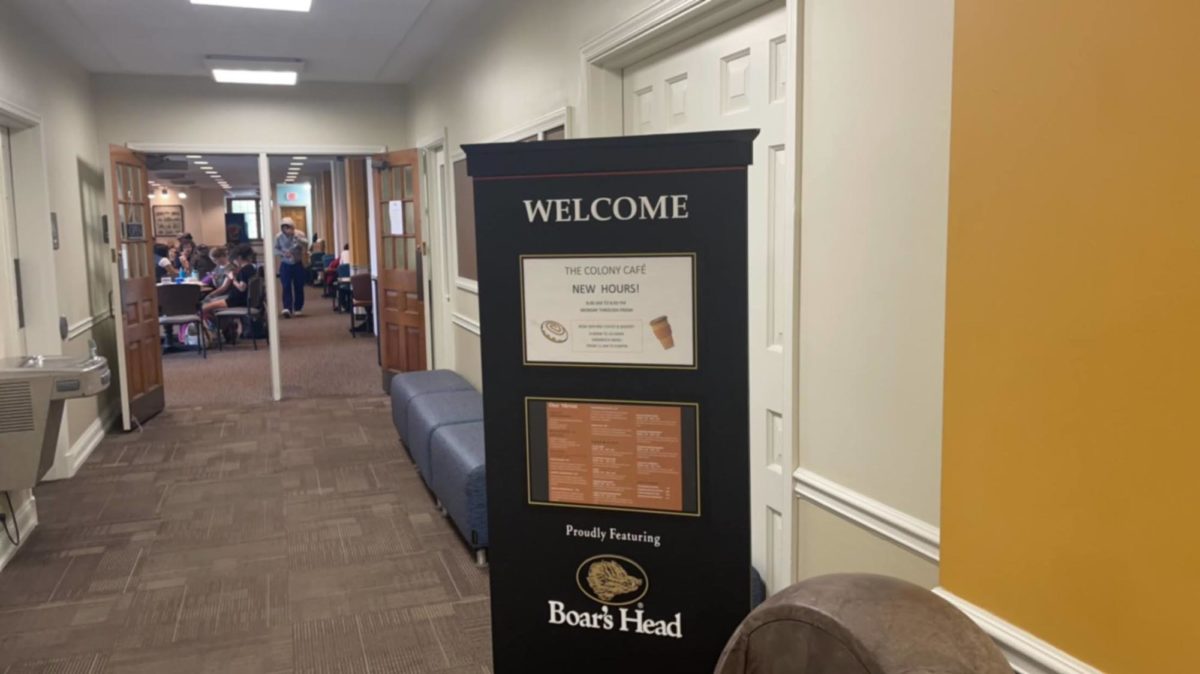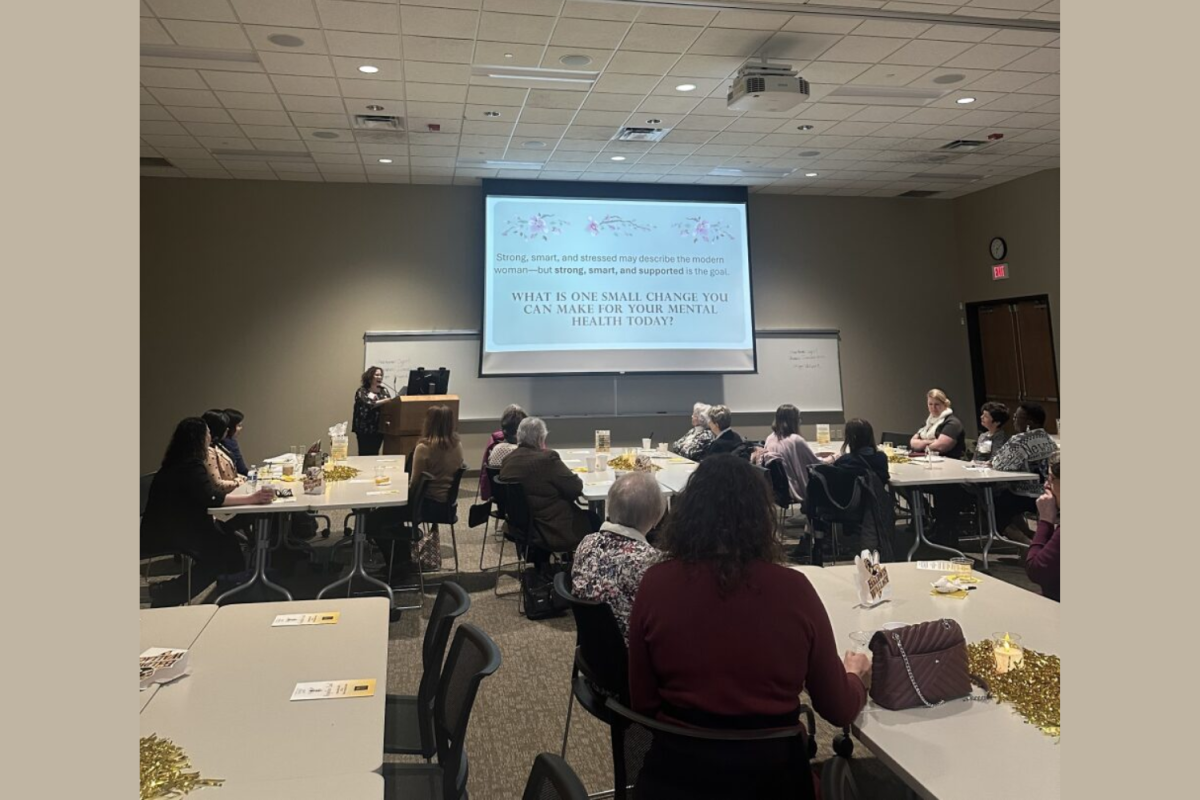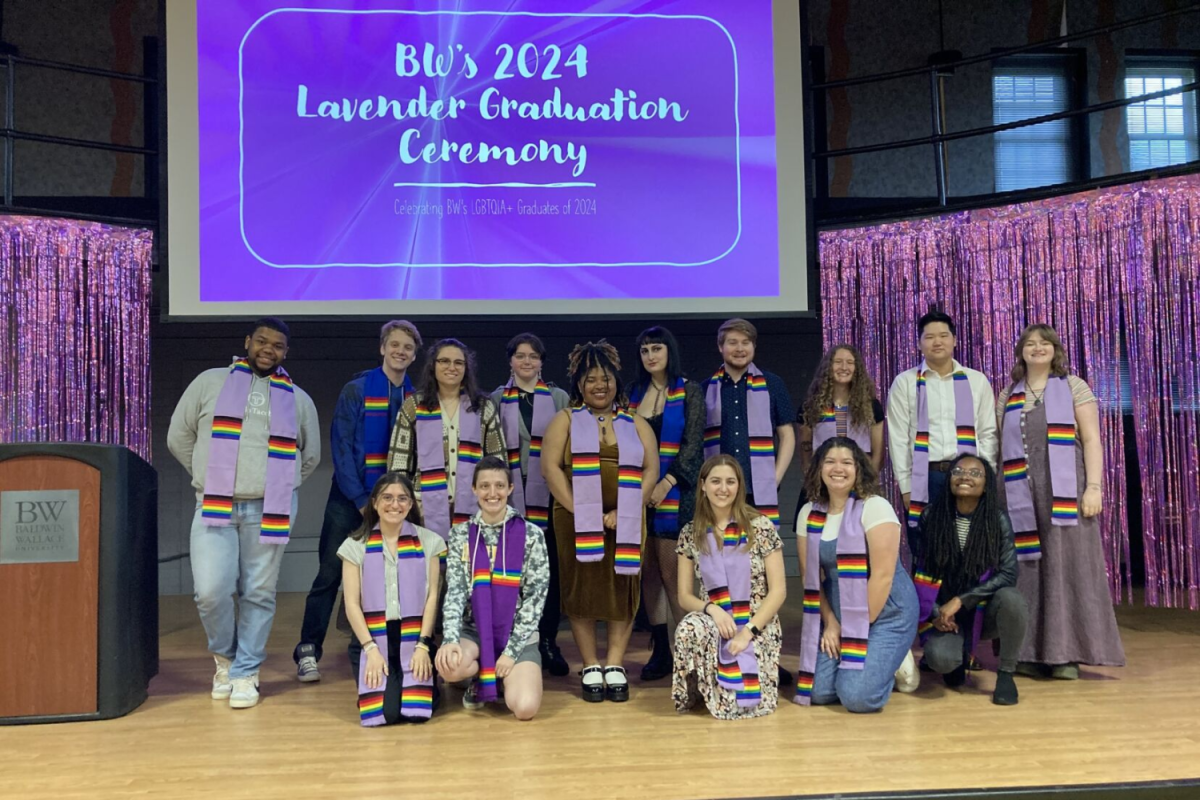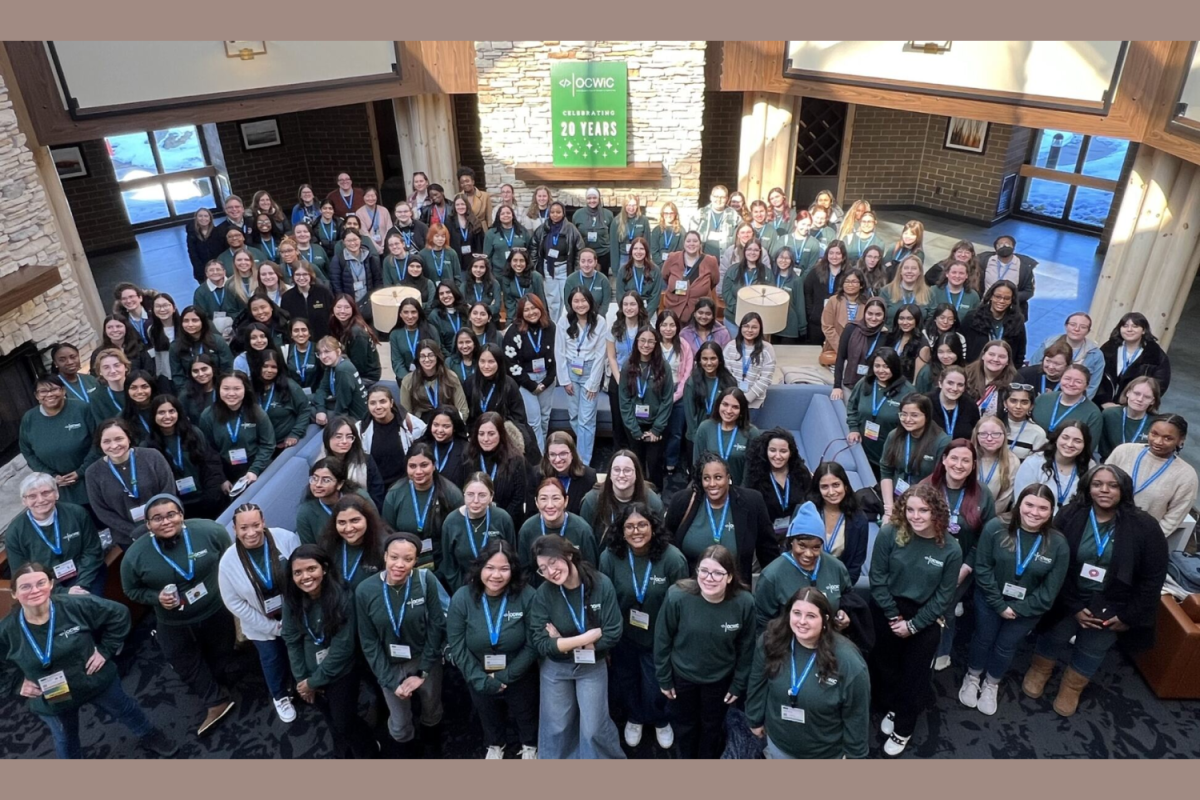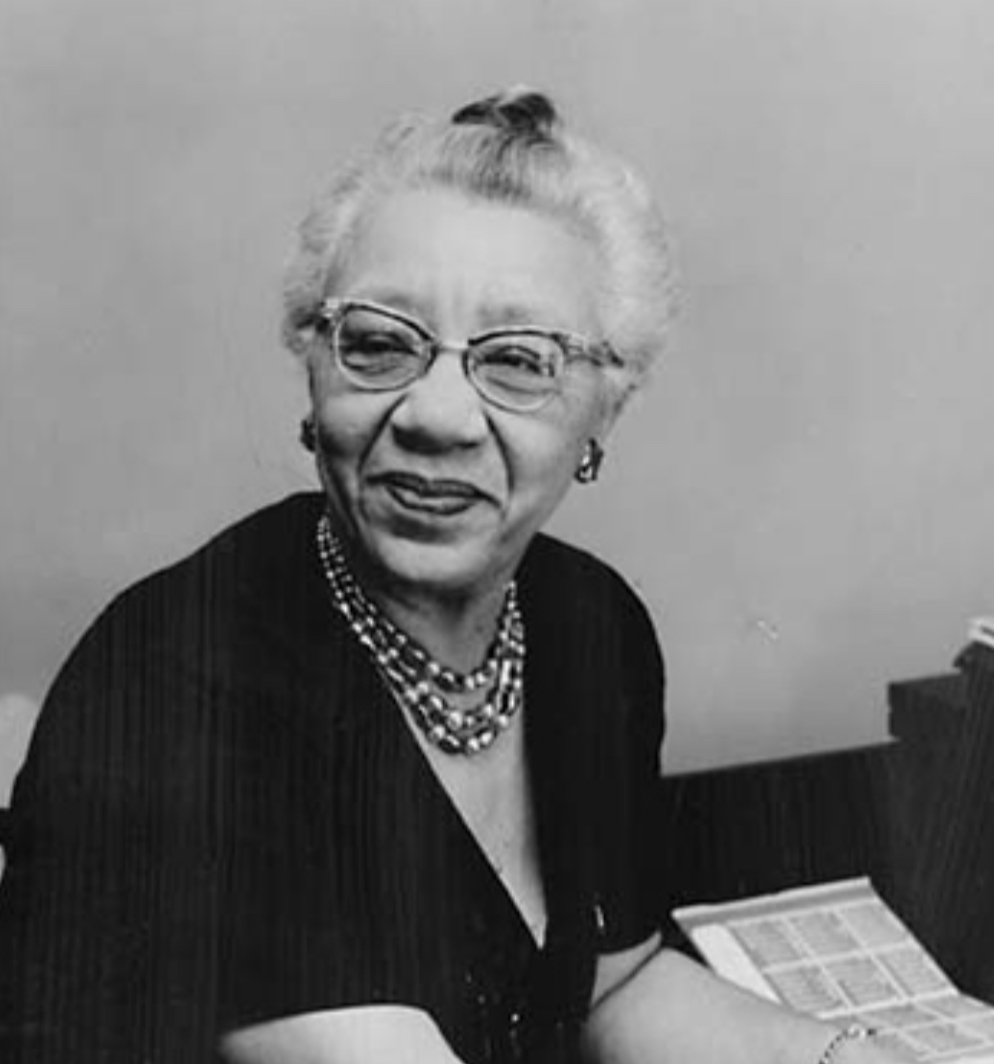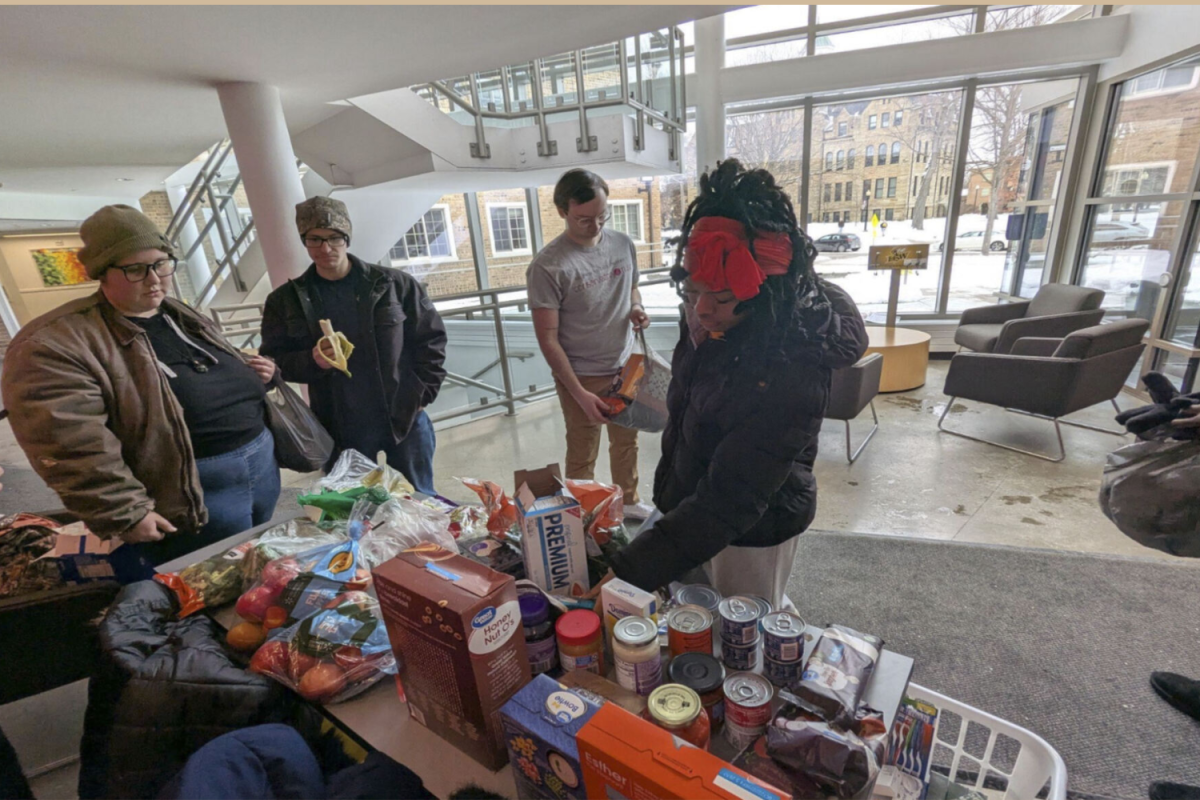Edited Oct. 6
The administration has denied the implementation of the Green Revolving Fund, a direct source for capital that would be used for funding various sustainability projects on campus, as a result of tight finances in the face of the deficit.
Emma Stamper, chair of the Sustainability Committee, a committee aimed at pushing BW toward more sustainable goals, said that she recognizes the university’s progressive strides, but also said that the University should step up.
“It’s time for the university to regain its leadership in sustainability,” Stamper said.
BW has had several projects that have promoted sustainability in the past and was the first university in the state to offer sustainability as a major for undergraduate students.
Ted Demarco, a member of the Sustainability Committee, said that the GRF would allow the University to continually fund sustainability projects through investing the money saved through other initiatives.
“If Baldwin Wallace got the GRF and wanted to put solar panels on a residence hall, the school would save $10,000 in annual energy costs. The amount saved, $10,000, would be returned to the GRF. This example is with the assumption that, out of the savings, 100% of it will be reinvested,” Demarco said.
Stamper said that other universities, such as Mount Union University and Denison University have implemented their own version of the green revolving fund.
At the start of the semester, Stamper found out that the fund was not going through due to the deficit and the budgeting issues that BW is facing.
“The fund, due to timing, is not going to happen right now,” Stamper says. “Hopefully when it’s fixed, the fund will happen.”
While there is not a specific amount needed to begin the fund, Demarco said $5,000- $10,000 would be a reasonable start to the project.
Demarco said that a portion of the money for the student activity fee could be used to support the fund. If the fund was to be implemented, some of the projects the community could see are more sustainable forms of transportation, increasing sustainability education and solar installation.
The committee plans on continuing to do projects that do not require the fund’s aid. Projects include eliminating plastic cups in the Union dining hall and encouraging the Colony Café’s new option to dine-in.
The Sustainability Committee said that they are looking to increase awareness and bandwidth in the future. Stamper says that besides the few additions they have had in the committee, it’s always the same group of people striving toward sustainability on campus.
“Outside of those of us who are involved in environmental science, sustainability major or minor, I do not hear anything about our environmental impact as a campus or anything to do with sustainability in general,” Jena Parks, junior student said.
For members, faculty and students of the BW community who want to advocate for more sustainable action, the meetings for the committee happen on every second Monday in the Center for Innovation and Growth from 4-5:00 p.m. The next meeting will take place Oct. 9.





























